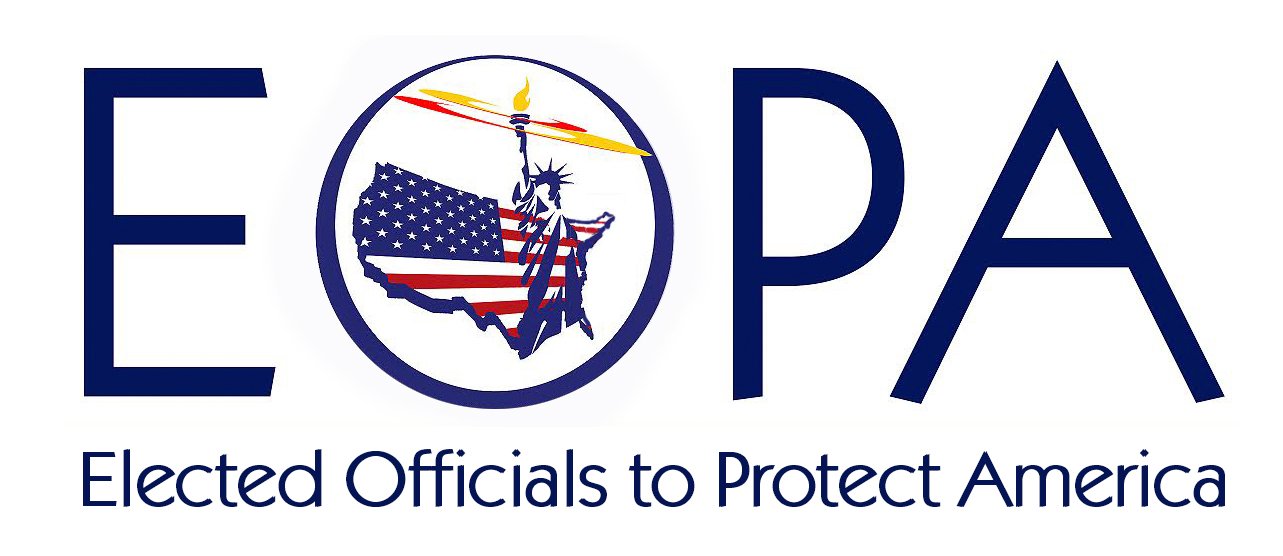Ukraine Energy Security Marshall Plan: Protect Ukraine. Protect the Planet.
The Urgency of a Ukraine Energy Security Marshall Plan
Putin’s War on Ukraine has shown how fossil fuels are making our world less safe and dependent on autocratic dictators. The Marshall Plan – an audacious and innovative strategy – provided Europe with the stimulus needed to rapidly rebuild after World War II.
We can rebuild the infrastructure that has been hit by drones and missiles with distributed, smart microgrids, supported by batteries and make Ukraine more resilient right now.
GLOBALLY, it is a crucial opportunity to empower Ukraine and Europe with accessible and affordable clean energy while simultaneously undermining Putin’s war efforts in Ukraine by fostering energy independence.
REGIONALLY, it aims to empower Ukraine with accessible and affordable clean energy, enhancing its energy independence, driving reforms and investments, and fostering comprehensive and sustainable economic growth to support Ukraine’s recovery. Ukraine’s clean energy potential is enough to power Europe six times, creating an energy shield vital for regional and international security.
Summary
The Ukraine Energy Security Marshall Plan is driven by the recognition that Ukraine’s energy security is closely intertwined with international stability. Ukraine possesses the potential to power Europe six times over using its vast wind energy resources (The University Technology Sydney, 2024), or three times over within 10 kilometers of the existing electric grid. This presents an opportunity to reduce global reliance on fossil fuel-dependent autocracies. Every one of OPEC and most of OPEC+ are authoritarian regimes. As demonstrated by the doubling of Russian crude oil exports to the UK through third-party refineries, the ongoing reliance on fossil fuels continues to undermine efforts to support Ukraine, as the financial flows from these exports significantly exceed humanitarian aid.
Policy: Educate, inspire, and raise awareness for Ukraine Energy Security Marshall Plan legislation, starting in the United States, European Union, United Kingdom, and Australia, to include a comprehensive policy covering everything from financing to war and risk insurance to supply chains and training. This is the focus of our effort as policy and legislative improvements will create lasting impacts that expediently enable solar, wind, microgrids, batteries, and innovative secure energy sources.
Subnational Cooperation: Establish and strengthen Sister City and State partnerships to create the infrastructure and accountability for implementing the plan.
Direct Aid: Provide Ukraine with immediate energy security assistance primarily through distributed energy, including solar, batteries, heat pumps, EVs, and technical training, including Tier 1 Mental Health support.
Distributed renewable energy
Distributed clean energy is more resilient against attacks than traditional electric infrastructure as it does not have single points of failure. For instance, in the U.S., if nine out of our 55,000 substations in the U.S. were attacked it could cause a blackout coast-to-coast. This is why by 2035 every U.S. military base will be powered with a smart electric microgrid.
Distributed clean energy has secondary benefits. Destroyed petrol stations can be replaced with interconnected self-sufficient clean energy electric vehicle charging stations that can power transportation – without the need for the grid. Electric minivans and buses can then be used for their battery storage power to provide emergency power for buildings in times of need.
Rebuilding with oil and gas is dangerous

Ukrainians are on the frontline defending democracy from oil autocrats.
Removing our dependence on fossil fuels is the single most impactful action we can do to undercut authoritarian regimes. Alarmingly, but unsurprisingly, the U.A.E. and Saudi Arabia declined a call from President Biden at the start of the war in Ukraine but accepted Putin’s call. Even with the overwhelming evidence of war crimes, oil-producing autocratic nations either abstained or voted in favor of Russia staying on the U.N. Human Rights Council.
Using fossil fuels only exacerbates the climate crisis. It keeps democratic nation’s dependent on autocratic nations. Clean energy is the only rapid – solution for a secure sustainable global economy.
Global Impact
Example to other nations: A Energy Security Marshall Plan for Ukraine could serve as an example to other nations on how to rebuild securely with resilience while supporting their economies and the planet.
Sadly, other nations are being devastated by conflict – many of which are exacerbated or caused by climate change. Currently, there are 100 million people displaced worldwide. The policies, supply chains, and technologies scaled in Ukraine will help other nations increase their energy and climate security.
China concerns: We can’t ignore the geopolitical influence the war in Ukraine has on China. Unfortunately, China is helping keep Putin’s gas-powered economy alive by opening a large gas field in eastern Siberia linked by a new pipeline to China.
Chinese and Russian naval and land forces are also continuing joint military training. Chinese warplanes took off from home soil and flew into Russian airspace during drills – a first for the People’s Liberation Army. Russian transport aircraft visiting China numerous times also sparked conjecture that China is airlifting supplies to Russia.
In the information environment, China has a self-interest in amplifying Russian disinformation and propaganda as it adds to their narrative that democratic governments and NATO are outdated. In fact, Russian and Chinese state media recently signed a memorandum of understanding to coordinate their efforts and it is clearly apparent in their messaging. Additionally, In G-20 talks, China objected to calling the Russian invasion of Ukraine a “war.”
Seventy five percent of the Chinese Belt and Road program’s energy investments are going to oil and gas, while solar and wind combined make up just one percent. The Chinese leadership apparently wants to take advantage of the economic, health, and security benefits of clean energy at home while keeping other nations dependent on autocratic nations for dirty energy.
Rebuilding Ukraine with renewable energy will spotlight the benefits of supporting nations with clean energy and highlight the disastrous effects of Chinese leadership using fossil fuels as a geopolitical tool to control nations.
Interview by Silicon Curtain:
Russia's War on Energy and How it Uses Winter as a Weapon
December 6, 2024 YouTube interview with Alex Cornell du Houx and Dr. Ievgeniia Kopytsia
Dr. Ievgeniia Kopytsia

Dr Ievgeniia Kopytsia is a law scholar specializing in environmental, climate and energy law from international, EU and Ukrainian perspectives. Her research focuses on climate change and net zero legal dilemmas in the poly-crises era.
Dr Ievgeniia Kopytsia also serves as an Associate Professor at Yaroslav Mudryi National Law University, where she leads “Sustainable Law and Policy Research Centre” and coordinates Europe-Ukraine Energy Transition Hub – an international consortium aiming to leverage the green reconstruction of Ukraine and provide support to strengthen Ukraine’s governance, regulatory frameworks, and market mechanisms in the field of energy, sustainability, and climate action.
Alex Cornell du Houx

Former Maine State Representative Alex Cornell du Houx served on the Energy Utilities and Technology and Legal and Veterans Affairs committees, sponsoring 14 successful pieces of legislation and co-sponsoring 98 successful bills.
He won the REED award for the best national Public Affairs Campaign for his work co-founding Operation Free, a coalition of lawmakers and veterans promoting energy security.
Cornell du Houx participated in and led State Department delegations to Southeast Asia to foster government-to-government relations, is a Kentucky Colonel, a senior advisor to the Veterans Campaign, and Partner with the Truman National Security Project. He has provided value-based communications, empathy-based fundraising, and EQ & Public Leadership training worldwide.
Alex served in the Marine Corps infantry for seven years.
